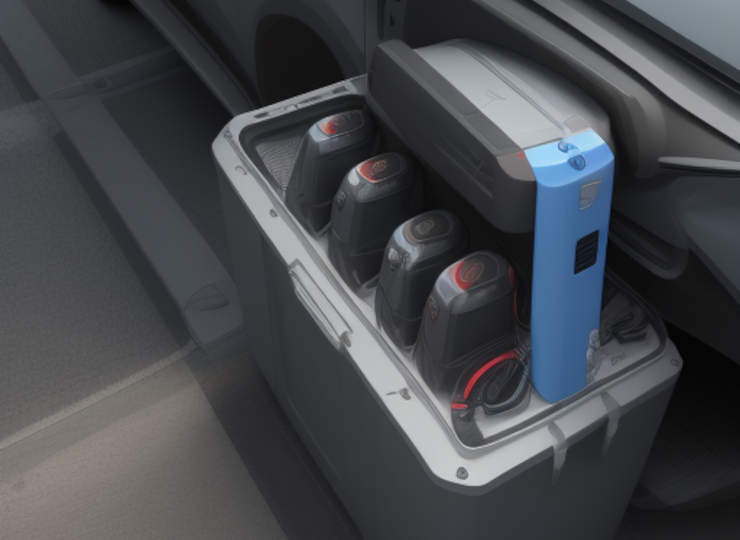文字のサイズ
- 小
- 中
- 大
What is smart use of EV batteries?
Smart use makes both batteries and materials renewable.

The use of reused batteries is hampered by the fact that the residual capacity of batteries is difficult to determine and varies, and there are safety concerns. By controlling the quality of the batteries during use, they can be introduced with peace of mind. In addition, if batteries are monitored and replaced appropriately, used batteries with varying capacities can be used efficiently by power companies and others.
As a result, EV batteries can be used at a lower cost, and the effect will be even greater if resource prices rise in the future. Planned replacement of batteries also allows users of recycled materials, such as battery manufacturers, to use recycled materials in a planned manner.
Finally, in the use of recycled materials, it will be easier for battery manufacturers and other users of recycled materials to secure recycled materials if they work together with battery reuse. In addition, if the economic benefits generated by the reduction of CO2 emissions during the production of recycled materials can be utilised, the cost of recycled materials can be reduced, and compliance with battery regulations can be advanced.
In this way, if the utilisation of EVs and batteries is coordinated in all four situations, the benefits to users will increase, which will ultimately contribute to the spread of EVs.
Two Smart Use Forums have been held to date to increase the momentum for the realisation of smart use in the country, which has been enhanced by industry, academia and government.
The first was held in November 2023, where speakers from the Ministry of Economy, Trade and Industry and the Ministry of the Environment spoke about policy trends and expectations for smart use. In addition, the University of Tokyo introduced evaluations and standardisation to boost smart use. JERA Corporation introduced the concept of reused batteries and the latest technology, and also pointed out the importance of technological standardisation in the future when using batteries. The author presented the concept of smart use, and more than 90% of the participants agreed with the concept in the questionnaire.
The second meeting was held on 8 February 2024 and featured presentations on current issues and market trends from ASKUL LOGIST, which promotes the introduction of new EVs, IDOM, which promotes the sale of used EVs, ITOCHU, which promotes the introduction of reused batteries, and Cowra, which promotes highly reliable information collaboration using blockchain. The author also gave a presentation on the current issues and market trends. The author also presented the concept of a Smart Use Council to promote user significance and cooperation in smart use. The discussions provided an opportunity for people from the EV battery circular economy value chain to come together and gain various insights. In a questionnaire, around 90% of the respondents agreed with the Council’s concept.
If such a system is realised, it is expected to promote the introduction of EVs in domestic companies and the use of reused batteries and recycled resources, including those imported from overseas. Therefore, as a globally advanced initiative, the Council aims to realise a circular economy for EV batteries that maximises resource recycling value and product use value from a user-driven perspective.
Smart use is an activity that is easy for Japanese people to engage in, as they use the batteries wisely and carefully, and it can be expected to lead the way in global standardisation.






